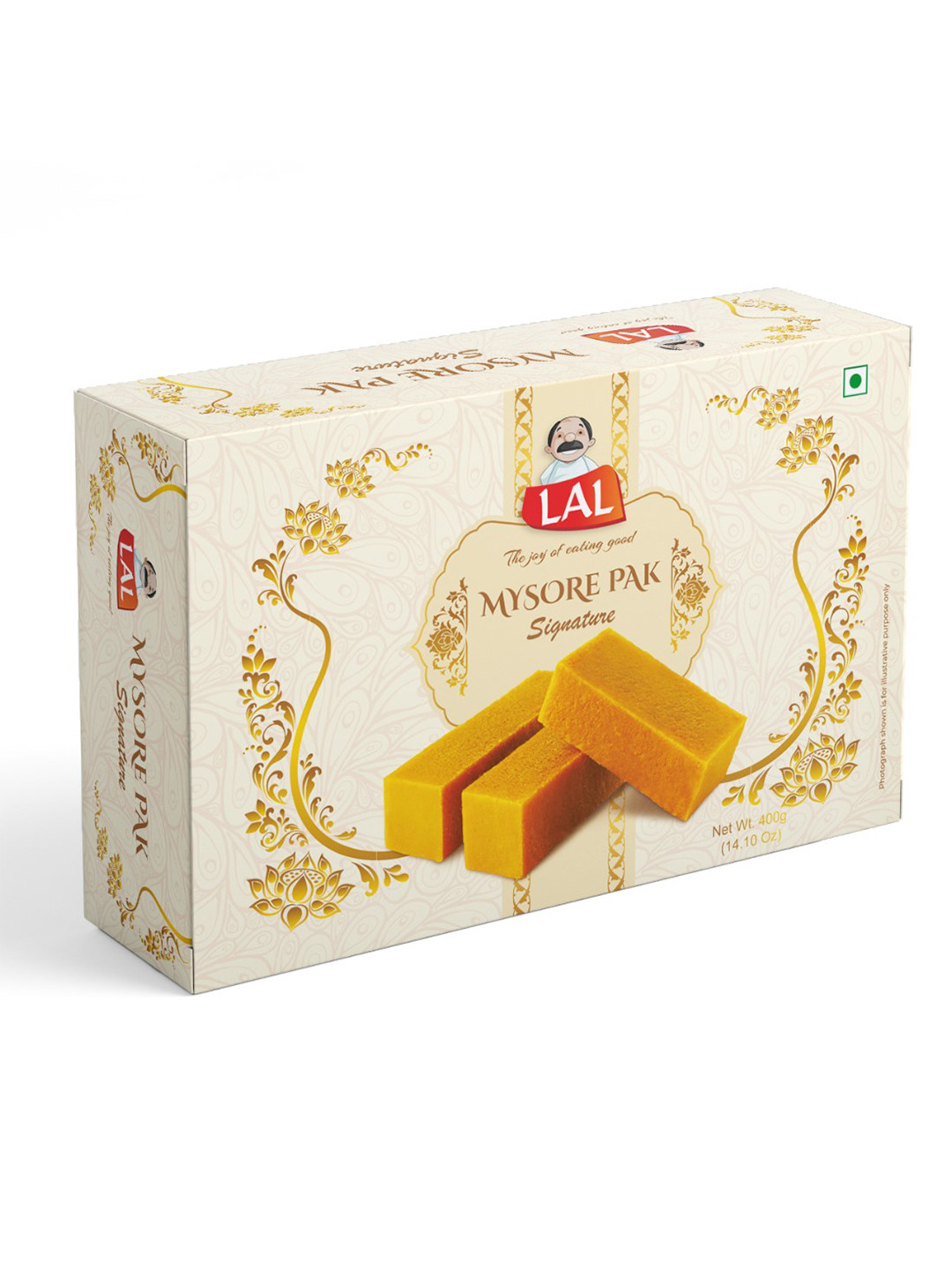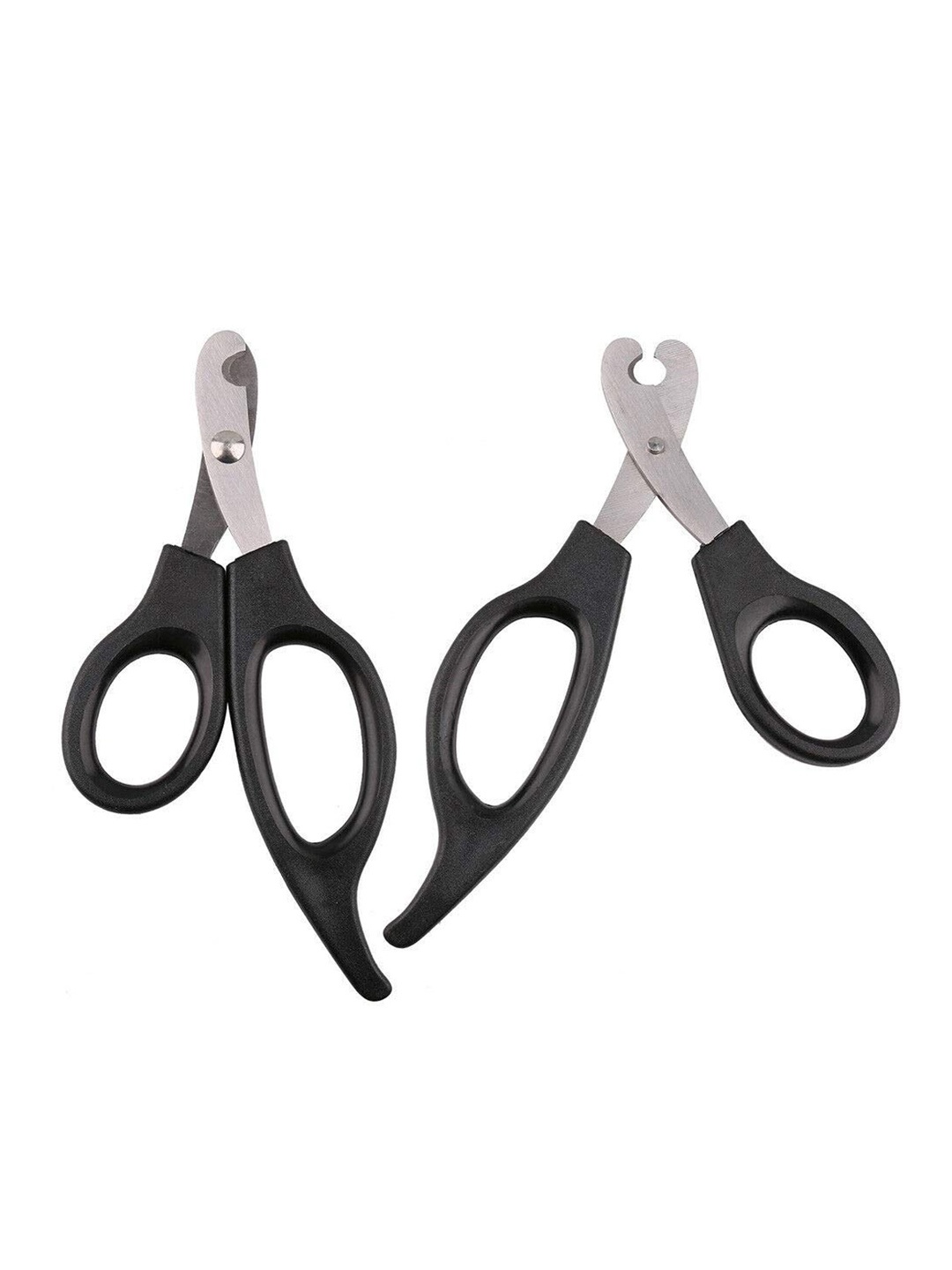These Are The Essential Ingredients For Choosing High-Quality Dry Dog Food
Choose the essential ingredients to look for in good dry dog food, from named protein sources to whole grains, and learn how to make informed decisions for your beloved pet.

What Are The Key Ingredients To Look For In A Good Dry Dog Food?
As a dog owner, you're probably aware that your furry friend's diet plays a vital role in their overall health and wellbeing. With so many dog food options available, it can be overwhelming to decipher what's truly beneficial for your canine companion. When it comes to dry dog food, the ingredients list can be a treasure trove of information, revealing the quality and nutritional value of the product. So, let's delve into the essential ingredients to look for in good dry dog food, helping you make informed decisions for your beloved pet.
Also Read: Create A Perfect Pet-Friendly Home: Tips To Keep Your Furry Pet Active And Happy
1. Named Protein Sources
Named protein sources, such as chicken, salmon, or beef, are crucial components of a good dry dog food. These ingredients provide essential amino acids that support your dog's muscle growth, maintenance, and overall health. When selecting a dry dog food, look for named protein sources as the first ingredient, ensuring your dog receives the necessary building blocks for optimal health. Avoid generic terms like "meat" or "by-products," as these can be vague and potentially low-quality ingredients.
2. Whole Grains
Whole grains, such as brown rice, oats, or barley, are rich in fibre, vitamins, and minerals, making them a valuable addition to your dog's diet. These complex carbohydrates provide sustained energy and support healthy digestion. When choosing a dry dog food, opt for whole grains over fillers or by-products, which can be difficult for your dog to digest.
3. Vegetables And Fruits
Vegetables and fruits are packed with antioxidants, vitamins, and minerals that support your dog's overall health. Look for ingredients like sweet potatoes, carrots, or blueberries, which provide a range of benefits, from supporting healthy vision to boosting the immune system. These ingredients can also add natural flavour and fibre to your dog's diet.
4. Healthy Fats
Healthy fats, such as omega-3 fatty acids, are essential for maintaining your dog's skin, coat, and overall health. These fatty acids support skin health, reduce inflammation, and promote a shiny, healthy coat. Look for ingredients like fish oil or flaxseed oil, which are rich in omega-3 fatty acids.
5. Antioxidants
Antioxidants play a vital role in protecting your dog's cells from damage caused by free radicals. These ingredients help support overall health and wellbeing, reducing the risk of chronic diseases. Look for antioxidants like vitamin E, vitamin C, or beta-carotene, which can be added to dry dog food to enhance its nutritional value.
6. No Fillers Or By-Products
Fillers and by-products can be detrimental to your dog's health, providing little to no nutritional value. These ingredients can cause digestive issues, allergies, or sensitivities in some dogs. When selecting a dry dog food, avoid products containing fillers or by-products, opting instead for whole, nutrient-rich ingredients.
7. Limited Ingredient List
A limited ingredient list can be beneficial for dogs with food sensitivities or allergies. These diets typically feature a single protein source and a few whole ingredients, reducing the risk of adverse reactions. If your dog has specific dietary needs, look for dry dog foods with limited ingredient lists.
8. No Artificial Preservatives
Artificial preservatives can be detrimental to your dog's health, potentially causing a range of issues from digestive problems to cancer. When choosing a dry dog food, opt for products preserved with natural ingredients like vitamin E or tocopherols.
9. Adequate Moisture Content
While dry dog food is, by definition, low in moisture, it's essential to ensure the product doesn't become too dry or brittle. Look for dry dog foods with an adequate moisture content, which can help support your dog's digestive health and reduce the risk of kidney disease.
10. Manufacturer Transparency
Finally, it's essential to choose a dry dog food manufacturer that prioritises transparency and quality. Look for companies that disclose their ingredients, manufacturing processes, and quality control measures. This transparency can give you peace of mind, knowing you're feeding your dog a high-quality product that meets their nutritional needs.
Products Related To This Article
1. Pedigree Adult & Puppy Dry Dog Food
2. Chappi Dry Food for Adult Dogs
3. Drools Adult Dry Dog Food
4. Pedigree Dry Food for Adult Dogs
5. Maxi Adult Dry Dog Food
6. Meat Up 100% Veg Adult Dry Dog Food
Frequently Asked Questions (FAQs)
1. What are the most important ingredients to look for in dry dog food?
Named protein sources, whole grains, and essential vitamins and minerals are crucial for your dog's health.
2. Should you avoid fillers and by-products in dry dog food?
Yes, fillers and by-products can provide little to no nutritional value and may cause digestive issues.
3. Are artificial preservatives safe for my dog?
No, artificial preservatives can be detrimental to your dog's health, potentially causing a range of issues.
4. How can you ensure the dry dog food you choose is of high quality?
Look for transparency from the manufacturer, whole ingredients, and a balanced nutritional profile.
5. Can you switch your dog's dry food frequently?
It's best to transition your dog's food gradually to avoid digestive upset. Consult with your veterinarian for personalised advice.
Choosing the right dry dog food for your furry friend requires careful consideration of the ingredients and nutritional content. By prioritising named protein sources, whole grains, and essential vitamins and minerals, you can provide your dog with the nutrients they need to thrive. Remember to avoid fillers, by-products, and artificial preservatives, opting instead for natural, wholesome ingredients. By making informed decisions about your dog's diet, you can support their overall health and wellbeing.
Disclaimer: The images used in this article are for illustration purposes only. They may not be an exact representation of the products, categories, and brands listed in this article.




























